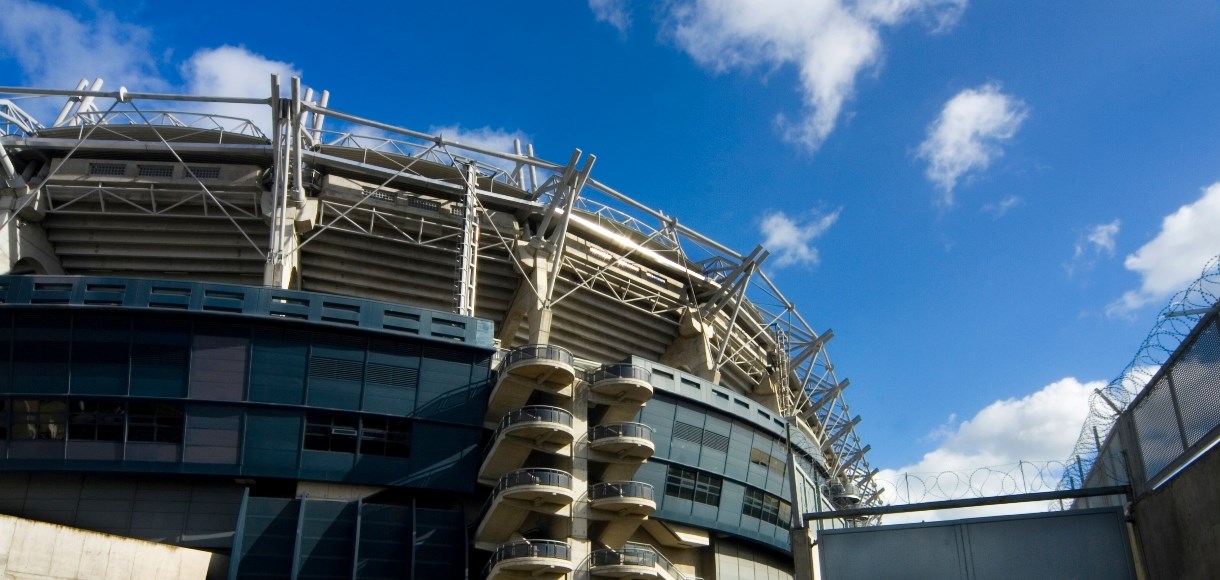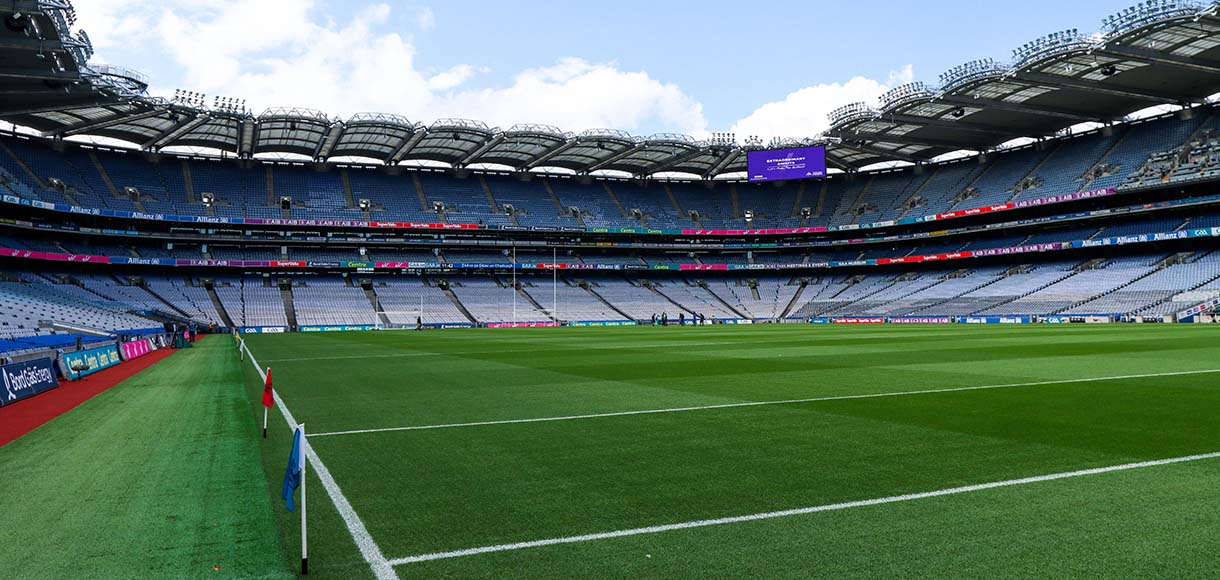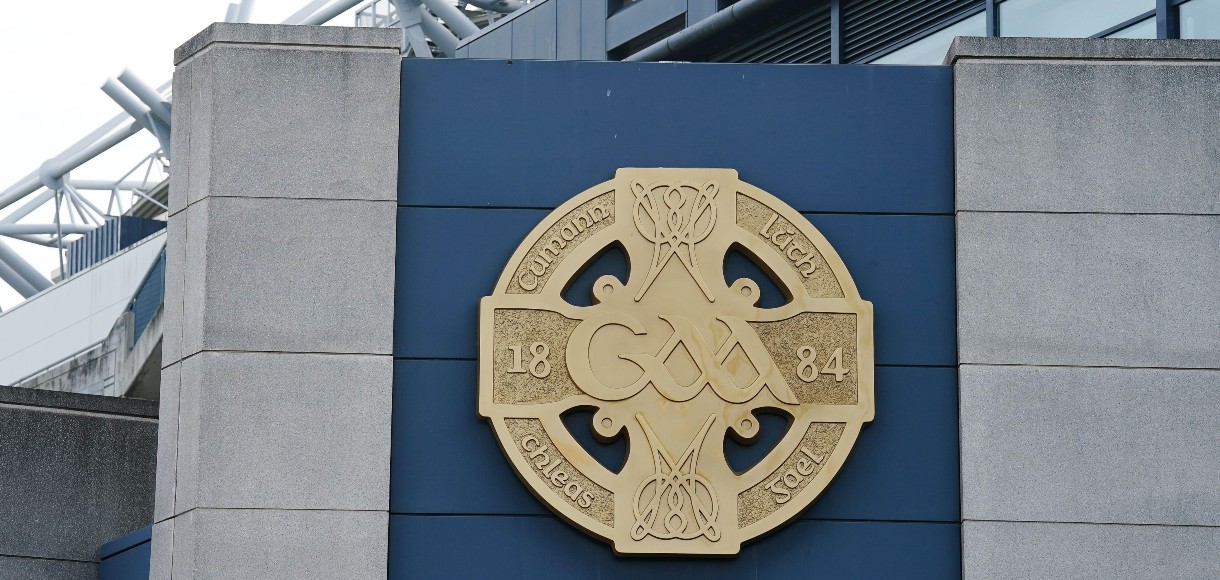Shane Stapleton: All-Ireland football final preview

Shane Stapleton previews the 2022 All-Ireland Senior Football Championship final between Galway and Kerry.
So let’s get this straight: Kerry have no outs on Sunday.
They are expected to beat Galway, to reclaim the throne, and take over as the new kingpins of football, before returning home to shake hands and kiss babies.
They may well get across the line in an All-Ireland final at Croke Park for the first time since 2014 and just a second time since 2009, but the ointment is brimful of flies.
The level of pressure on Jack O’Connor, his management team, and these players could scarcely be higher. Given their storied past, to have a recent present with so many blank chapters has made the locals restless.
Hunger is a great sauce, but it could eat at the players internally coming into this game. The weight of history, the prospect of the public post mortem should they fail, and of finding a way not to win once again. That can get in on a camp.
Sure, Galway are desperate to win, and in some ways their need is more immediate. They may get back to Croke Park in 2023, but almost certainly the Kingdom will. Coming from a position of outsiders at the start of this season, this has been a fairytale ride to the big dance for Padraic Joyce.
For Kerry, not winning means the sky will fall in. They are rightly favourites due to the myriad attacking talents at their disposal, but they have weaknesses at midfield and in defence.
Gavin White’s knee has been the subject of much conjecture since coming off in the semi-final, and he is rated as doubtful for the final. Without the flying wing-back, Kerry would be robbed of a deep threat — a line-breaker of the Jack McCaffrey ilk.
Tom O’Sullivan has pace, but he will likely be minding Shane Walsh, which may curtail his adventurous nature. All of which means that one of Kerry’s big weapons has been decommissioned.
Should Galway find a way to negate the dangerous kicking game that the Munster champions possess through David Moran and Paudie Clifford, or even slow up their deliveries, then the threats of David Clifford, Sean O’Shea and Paul Geaney inside diminish somewhat.
They will look for long balls into the square — you’d be crazy not to. Armagh’s late comeback against the Tribe was built on bombs dropping in on top of Conor Gleeson, and the Galway goalkeeper struggled. Derry, for whatever reason, never considered a similar approach as they huffed and puffed in the semi-final.
The most interesting aspect of Galway’s clash with Kerry is that there are so many question marks over both sides.
Like those little bumpers at the side of a bowling lane which stop you from sliding into the gutter, the Kingdom have had help knocking over their rivals.
Yes, they met the big guns of Mayo and Dublin along the road, but both played without their greatest attacking weapons. The Connacht side were shorn of Ryan O’Donoghue and Tommy ‘Goals’ Conroy, while Con O’Callaghan was out of action for the Dubs.
The Tribe won a quarter-final against an Armagh side that have proven little in recent seasons, before seeing off a limited Derry outfit in the semi-final. You can only beat what’s in front of you, but when the fences are small there’s less to be impressed by.
Yet both teams have met forks in the road and found safe passage. Galway brawled with Armagh at full-time of their quarter-final, showed resilience in extra time, before winning a shootout. They may be fading in games, but the light has never gone out.
Kerry were cruising against Dublin, wobbled as in previous seasons, but found a way. O’Shea’s monster free was a defiant punctuation mark on a win of great significance. After years of playing second fiddle to the Dubs, a first championship victory over their rivals in 13 years must have felt like the chains being loosened.
These are two of the traditional football counties of the GAA. Kerry have far more titles (37 to nine) but of their nine meetings in All-Ireland finals, the record is very close: The Kingdom with four, the Connacht men with three, and two draws.
Their last championship meeting came in the 2018 Super 8s when Kevin Walsh’s men beat Eamonn Fitzmaurice’s side at Croke Park. Back then, a certain Tyrone native — Paddy Tally — was part of the coaching set-up for a Galway team recording their first summer win over the Kingdom in 53 years.
Fast-forward four years, and Tally is now on the other side of the fence. After shipping three goals in last year’s loss to Tyrone, they have plugged the holes at the back.
“Paddy Tally has come in, it’s a work in progress, he has done very well, but it’s still probably not the way Kerry play football,” says Seamus Moynihan, captain of Kerry’s All-Ireland winning team in 2000. “They have improved, and the frees they’re giving away now versus last year has far reduced.
“On top of that, I think they have conceded just two goals in championship, which is far better than the last few years.
"Every day we play Dublin or Tyrone, a team that counterattacked us fast and took us on, we looked awfully porous in defence. That has changed… genuinely, our defence has improved.”
Joyce recruited Cian O’Neill as coach over the winter and the Kildare man has made a big impact. They are the fourth county he has helped qualify for an All-Ireland final, along with Tipperary hurlers, Kerry and Mayo. Once again, the improvements have been in defence, and the influences of Tally and O’Neill could lead to a cagey final.
The pressure factor may also feed into that, or perhaps an unexpected script will be written. Galway can win, and may do so, but Kerry should. That’s what makes it so dangerous for them.




































